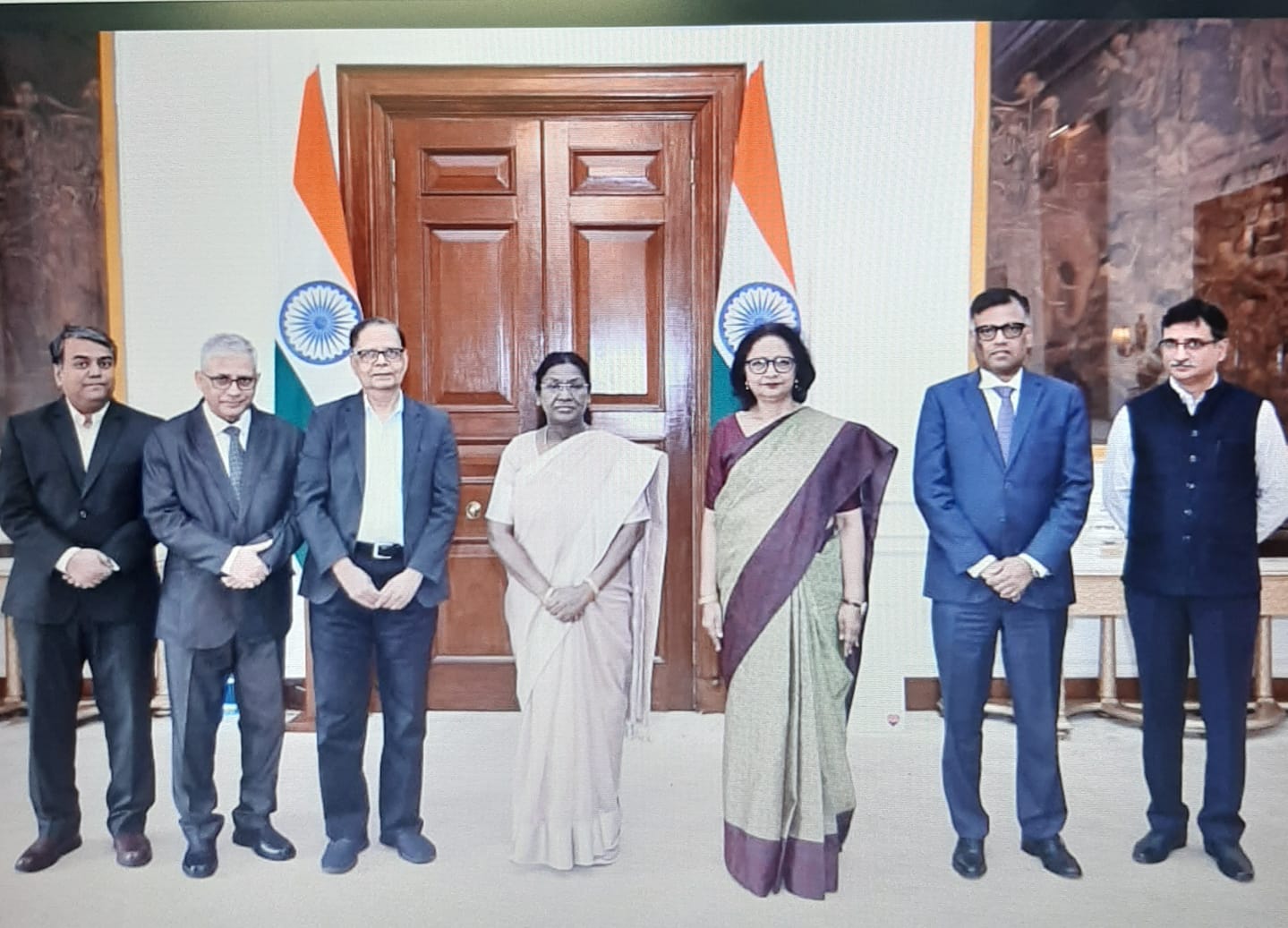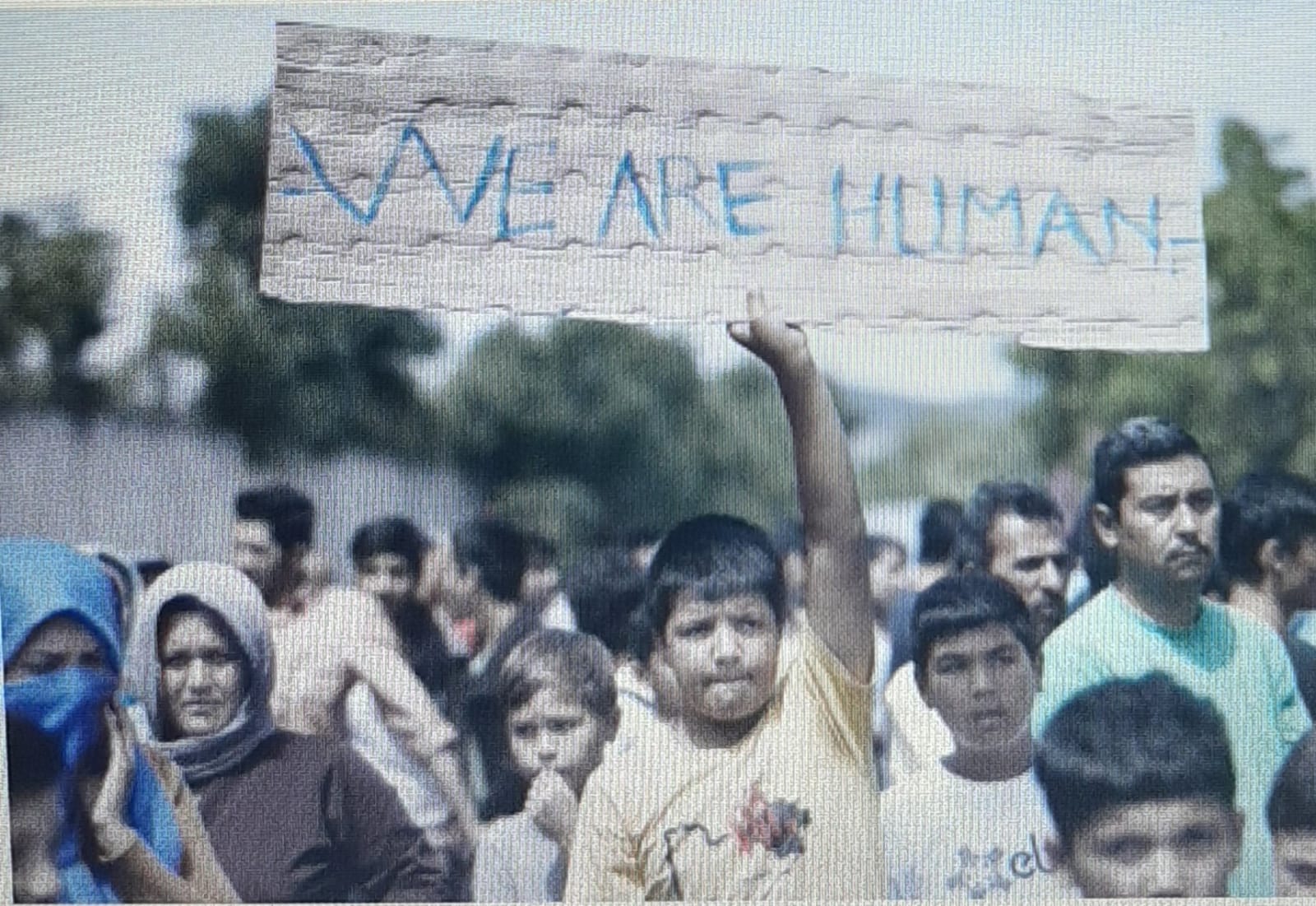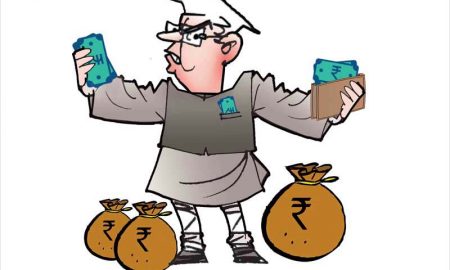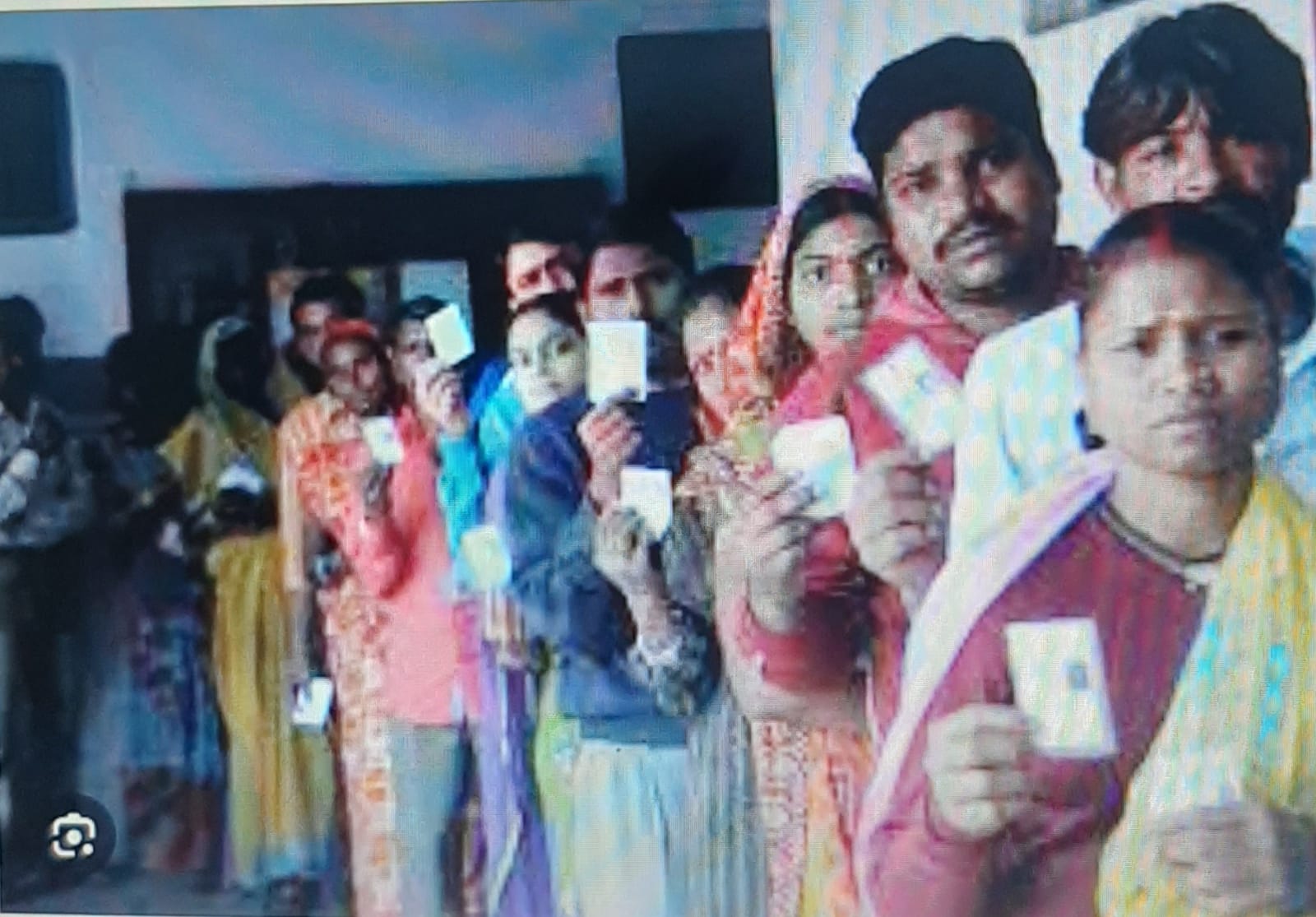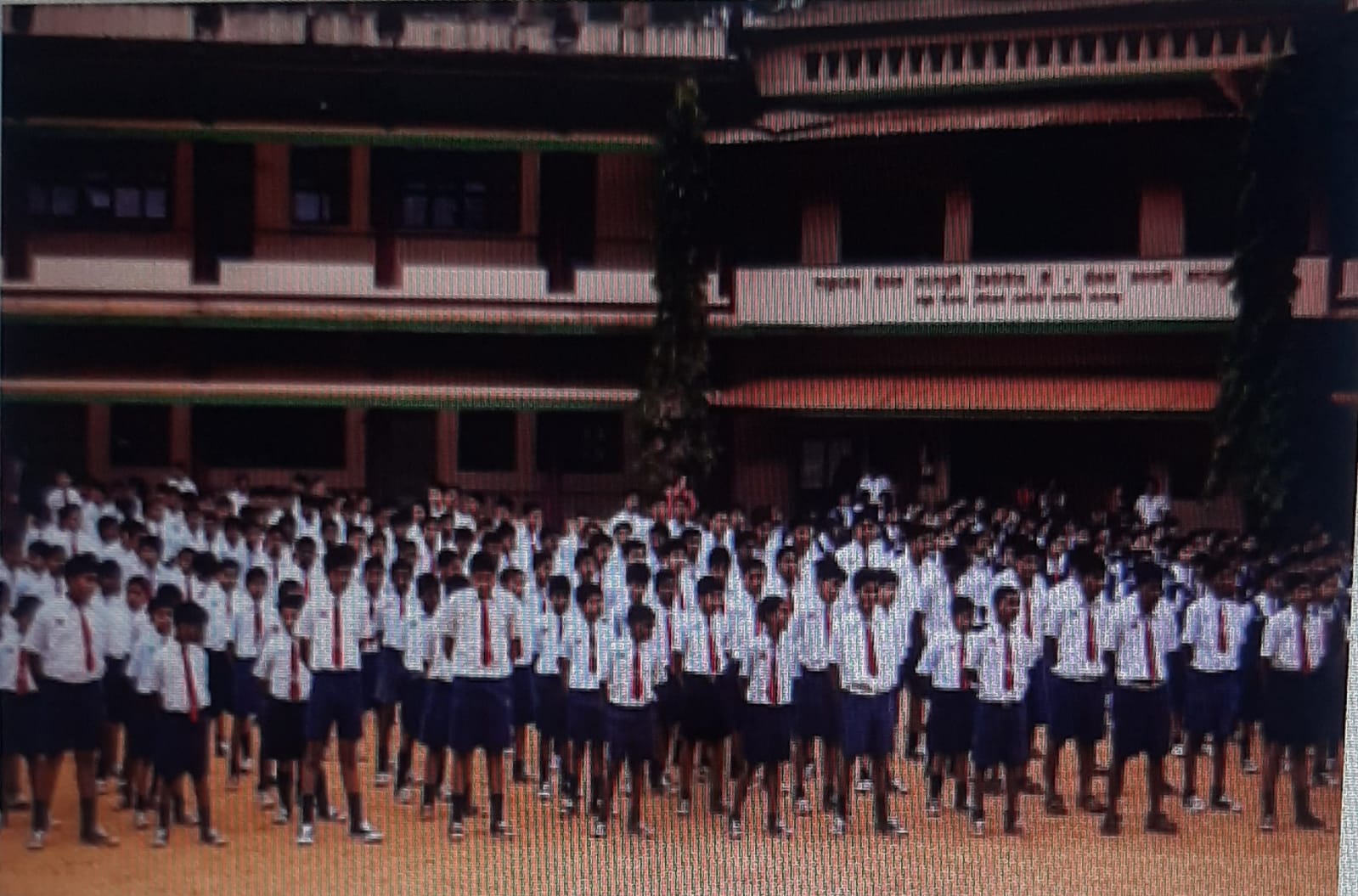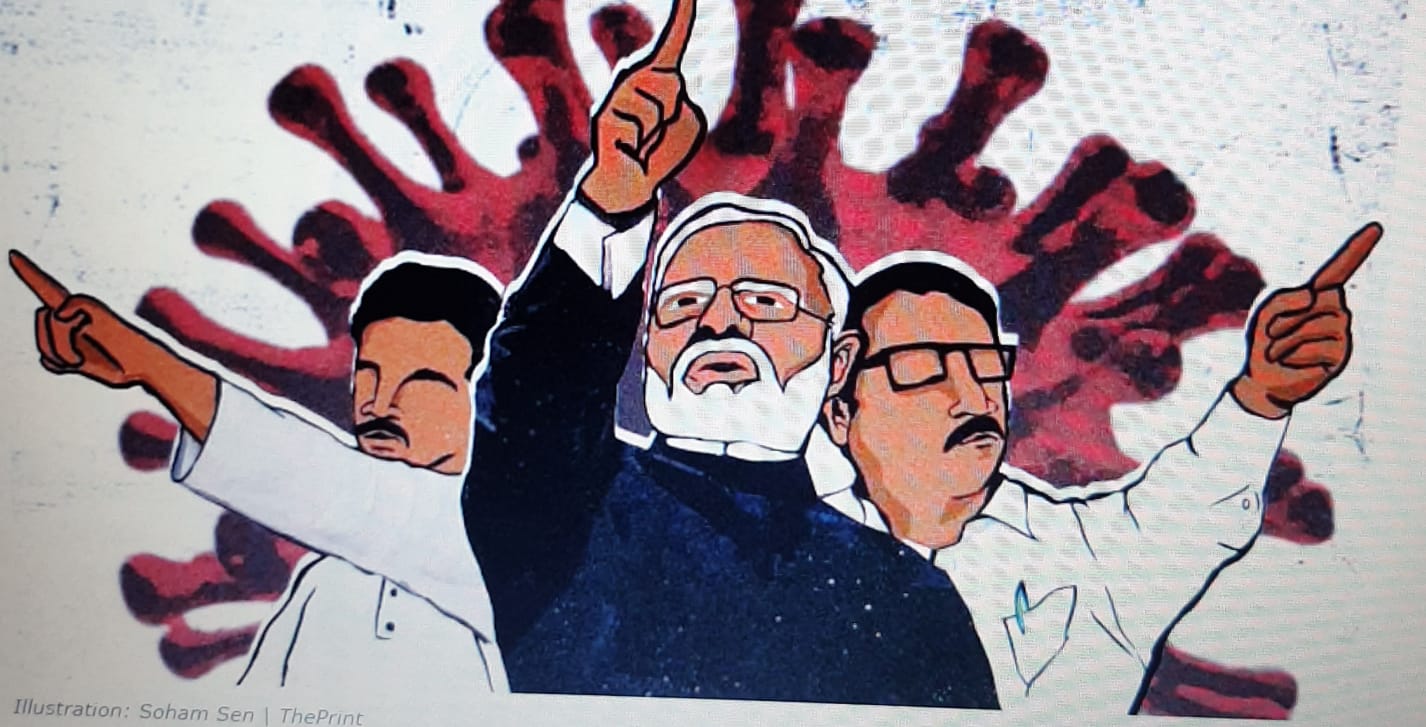
It is time to stop celebrating the individual and focus on strengthening the system mandated by the Constitution. Strengthening constitutional values, adhering to rule of law, promoting collective responsibility, having strong functioning system of checks and balances and preventing concentration of power hold the key for a strong and vibrant India, writes former IAS officer Sunil Kumar
A great leader would lead the country out of the morass of under-development, poverty and social strife; so people believe. After independence, it was Jawaharlal Nehru. “After Nehru Who?” was a question that agitated the minds of several scholars and political analysts in early 1960s. Then it was the turn of another strong leader, Mrs. Indira Gandhi and leaders went to the extent of declaring that “India is Indira and Indira is India”. In more recent times, the narrative of Narendra Modi as the saviour of a beleagured Indian state has dominated the headlines. The rockstar like image of the Prime Minister (PM) has been deliberately and very carefully created. A larger than life persona of a ‘Yug Purush’ and a ‘karmayogi’ has been very industriously pushed using all possible image-building tools available in the digital age. A strong PM is required to transform the country into a superpower is the subtle message being communicated.
The PM is not alone. Similar image is sought to be created around the persona of several Chief Ministers (CMs) in the States. Take late Karunanidhi or Jayalalita in Tamil Nadu, Chandrababu Naidu or Rajsekhar Reddy in Andhra Pradesh or KCR in Telangana to name a few. These CMs were projected as saviours of the poor, protectors of the middle class and visionaries out to take their States on the highway of development. Again, this image was carefully crafted and publicised. Branding of CMs as the saviours of their States is increasingly being done in several States. Macho image of the CM (remember ‘Bulldozer Baba’) is created and increasingly power is getting concentrated in the CM and the CMOs (Chief Minister Offices) across States.
Different States have created (or are in the process of setting up) centralised data base of all citizens in the CMOs where, at a click of the button, all benefit flowing to the family under different schemes of State and Union Government become available. The thinking is that which family is eligible to receive benefits under which scheme can also be centrally decided by the CMO using these data bases and the same can be implemented through the DMs. This would make the beneficiaries feel permanently beholden to the Chief Minister and the ruling dispensation.
On March 4 2025, the Indian Express Group honoured exceptional District Collectors in a glittering ceremony to mark the third edition of Excellence in Governance Awards[i] in New Delhi. “DM is not a person; DM is an institution” gushed the Chief Guest on the occasion. District Magistrates from Tamil Nadu and Karnataka in the South, Odisha in the East, Arunachal Pradesh, Assam and Manipur in North East and Rajasthan in the North were among those honoured.
The Union Public Service Commission (UPSC) Civil Services Final Examination 2025 results were announced on 22nd April, 2025. Newspapers carried detailed reports on 25th April. Full page advertisement by different coaching institutes continue to appear on the front page of newspapers even in May 2025. Successful candidates are felicitated as if they have won the Nobel Prize!
A PIB release issued on 24th July 2024 mentioned interalia that “PM asks officers to be catalytic agents and feel satisfaction when they see change happening in front of their eyes” reportedly made during his interaction with IAS Officer Trainees of 2022 Batch posted as Assistant Secretaries.[ii] This is in continuation of a tradition started by the then Prime Minister, late Rajiv Gandhi of direct interaction with District Magistrates.
Creating a Myth of Super Service
All three are part of a story that unfolds in India with unfailing regularity every year. These fuel the middle class dream which has spawned a multi-billion rupee IAS coaching industry in almost all State capitals and especially in the National Capital. It leaves behind a large number of frustrated youth who fail to make it and a small group of successful IAS aspirants who have made it to the coveted service. This is a story in which everyone, from family members to the PM, din it into the heads of the hundred odd successful IAS aspirants that it is now in their hands to wield the unlimited powers vested in them to decisively make or mar the fate of lakhs of residents in the districts and crores within the State and country. Such misplaced faith is truly touching!
Triad of PM, CM & DM
The triad of PM, CM and DM holding the key to transforming India into a developed country by 2047 is increasingly being pushed by the political class and promoted by the media houses. One strong and visionary Prime Minister, thirty odd Chief Ministers and seven hundred and fifty odd District Magistrates can lead a nation of 1.4 billion to join the ranks of developed countries is being assiduously promoted and there is a sizeable section of the population who believe this to be true. While PM and CM are elected leaders, the DM is a bureaucrat. Hero worship is being actively advocated by different media houses.
Ground Reality
The fact remains that ever since independence we have had the five thousand odd IAS officers administering the sub-divisions, districts and the States; each one of them among the best, crème de la crème, so to say. But our districts and States have grown and developed at their own pace notwithstanding the individual brilliance of the ‘steel frame’ of Indian administration! DM as an institution has clearly failed to deliver if we look at the performance of most districts on the Human Development Index or in attainment of Sustainable Development Goals. Even in relatively well off districts, the quality of service delivery ranging from ease of obtaining birth and death certificates, registration of marriages and F.I.R. in police stations to quality of drinking water supply and education in government primary schools leave a lot to be desired.
Indian Psyche
Why do we pin our hopes on individuals? Why do we celebrate individuals? Answer to these questions lie hidden deep in Indian psyche, something which was analysed in great detail by Ashis Nandy in his seminal writings on Indian psyche in the late 20th century. In his book The Intimate Enemy: Loss and Recovery of Self Under Colonialism (1983), Nandy wrote that the ‘modern’ Indian is a product of psychological betrayal—one who outwardly accepts institutional modernity, but inwardly yearns for personal legitimacy, even redemption, through heroic individuals.
It seems we as a nation remain in eternal search of ‘avatars’ – some super-human being who would emerge to sort out all the mess that we have created and establish order in a mad world.
Citizen’s Perspective
But that is not to be. Heroes have a way of emerging and then falling by the wayside. Look at it from a citizen’s perspective. It is virtually impossible to meet the District Collector as s/he is unable to negotiate the layer of security personnel and the liveried peons stationed outside the District Collector’s office. The Collector is always busy. If one manages to get a few moments of his/her attention, s/he demands a written petition on which s/he can pass her/his orders. S/he hardly has even the time to read or listen to the citizen no matter how many ‘Janata Durbars’ are held and Government Orders issued directing them to be available to the public. Truth be told, District Collectors now virtually act as agents of the ruling party in districts and not as civil servants. They owe their position and continued stay in the district to the ‘ashirwaad’ of the local MLAs/ MPs of the ruling party and a handful of influential persons (journalists, lawyers etc.) of the district. Managing the press, keeping local functionaries of the ruling party in good humour, circulating ‘positive’ stories on the social media, organizing successful events and creating a ‘buzz’ about transparent and accountable governance seem to matter more for most ‘successful’ District Collectors than delivering good governance on the ground. Being active on the social media and number of followers on Instagram and Facebook seems to be more important for DMs than doing ‘real’ work to improve the delivery system. Some DMs reportedly engage social media teams at public cost to undertake their image building exercise. In this they are merely following the footsteps of the CM and the PM.
No Lasting Impact
In this scenario we have odd IAS officers who are honest, open and accessible to the general public. They come, do their work without much fuss, make an impression on the average citizens and get transferred out once the local power elite feels that s/he is of ‘no use’. But in their short stay, they manage to kindle that ray of hope which keeps the flame of good governance alight in the heart of citizens as they await the posting of next ‘honest and good’ IAS officer. Here it must be added that any initiative taken by these officers during their stint in the district also fade away with their transfer. Their positive impact on the ‘system’ remains a mirage! More often than not, impact of initiatives taken in the field of education, health, agriculture or social welfare among others is momentary rather than permanent.
Inefficient & Unaccountable Bureaucracy
The institution of DM in present times has become a symbol of dysfunctional bureaucratic system in the country which is slow, opaque and unaccountable. The system does not deliver till ‘speed money’ is disbursed. People do not trust the system to deliver and rely on intermediaries, working on caste and kinship principles, to help them negotiate the labyrinth of bureaucratic system. People feel satisfied if someone does their ‘pairvi’ before the DM who is widely regarded as the ‘sarkar’ in the district. This colonial hangover continues in independent India. So we have a situation where poor working of bureaucratic systems lead to reliance on individuals which further reduces pressure to fix existing systems thereby perpetuating dysfunctional administrative system.
Constitutional Values
The Indian Constitution is the beacon to guide working of the Indian State. Remember the deep symbolism inherent in the picture of PM Modi and all MPs walking down to the new Parliament building in May 2023 with a copy of the Indian Constitution in their hands. It sought to communicate their faith in the Constiution.
Democracy and federalism are part of the basic structure of the Constitution. A healthy and vibrant democracy interalia depends on institutional norms such as free and fair elections, rule of law, a system of checks and balances, functioning bureaucracy and freedom of the press. The Constitution speaks of ‘collective responsibility’ of the Cabinet both in the Union and the States. If faith is placed solely on PM, CM or DM then it creates potential for authoritarian tendencies. To an extent Nehru could keep such tendencies at bay but Indira Gandhi could not. The personality cult being built around Modi, where all success is attributed to the leadership and sagacity of supreme leader and all failures are either ignored or ascribed to incompetent ministers and bureaucrats, is preparing the groundwork for authoritarian rule where there is no place for ‘collective responsibility’ of the Cabinet to Parliament or State Assembly.
Centralisation of power in the Prime Minister’s Office (PMO) or the Chief Minister’s Office (CMO) weakens the position of Cabinet Ministers. The Indian Constitution sees the Prime Minister or Chief Minister as only ‘primus inter pares’ – first among equals. It also weakens institutions and the system of checks and balances built into the democratic system. The tendency to bulldoze legislations through Parliament using numerical superiority without adequate deliberation and effort to build consensus is a natural consequence of a ‘strong’ supreme leader who can do no wrong and commit no mistake. The price of such arrogance is of course paid by the citizens and country at large whether it was for the excesses of emergency or the mistake of ‘demonetisation’.
Likewise, by eulogising the DM (the bureaucrat), we seem to be striking at the roots of local government in the country. We must remember that local government (both rural and urban) are now very much part of the federal structure established by the Constitution of India. By having a DM, acting as the ‘eyes and ears’ of the State Government (on the lines of the Governor in the State), with powers to even suspend elected local government representatives, we have an institution which is not only a colonial legacy but is also ensuring that strong, accountable and responsive democratically elected local governments do not take root in the country. It further perpetuates the ‘Maai-Baap’ image of the Government where government alone can do public good and citizens have to be mere recepients – accept whatever comes their way without questioning.
The trouble with this system is that it tends to weaken institutions. With weak institutions and inefficient, opaque and non accountable bureaucracy, the administrative system can at best deliver services to citizens of indifferent quality.
Thus, from the citizen’s perspective, in a functional and strong democratic system, it is imperative that the administrative system is reformed. It must be remembered that faith in individuals can spark change but only strong systems can sustain it. An efficient, accountable and transparent system renders the individual redundant. The individual, howsoever good, is not greater than the system of governance based upon public interest and the rule of law.
Way Forward
These would call for institutional reforms. Strengthening rural and urban local governments and making the bureaucracy work under elected representatives of local and State governments is, in my view, the first important step in that direction. DM and the district level officers of most departments must be made subservient to the District Panchayat which should be responsible for the entire district and not just rural areas as is the case now. Similar should be the case at the Block level. This would go a long way in making the bureaucracy accountable, transparent and citizen-friendly. It would also stregthen the local governments. Similar suggestion has been made by the Second Administrative Reforms Commission[iii] earlier.
Second major step would be undertaking extensive civic education with the support of academic institutions under Unnat Bharat Abhiyan and civil society organizations. Citizens need to be eduacted about how systems work, what are their constitutional rights and duties and how public servants can be made answerable to them. Rule of law is critical for building trust and establishing order in society.
Even the media, as the fourth pillar of democracy, needs to undertake dispassionate systemic analysis rather than focus on hero worship. Political parties would also need to promote internal democracy and build a cadre of strong leaders at all levels rathen than focus on one supreme charismatic leader to take the party forward.
Thus in my view it is time to stop celebrating the individual and focus on strengthening the system mandated by the Constitution. Strengthening constitutional values, adhering to rule of law, promoting collective responsibility, having strong functioning system of checks and balances and preventing concentration of power hold the key for a strong and vibrant India. The challenge for India’s democracy is to transition from charismatic dependency on triad of PM, CM and DM to durable, transparent, efficient and rule-based governance at Union, State and local government level. (Image courtesy: The Print)
(Sunil Kumar is a visiting Faculty in Gokhale Institute of Politics and Economics and a member of Pune International Centre. He is also a former civil servant. Views expressed are personal.)
[i] Who are the country’s best DMs? Express Governance Awards to honour them today; New Delhi | Updated: March 4, 2025; https://indianexpress.com/article/india/who-are-the-countrys-best-dms-express-governance-awards-to-honour-them-today-9866890/
[ii] https://www.pib.gov.in/PressReleaseIframePage.aspx?PRID=2032534
[iii] Para 3.1.3.9 Pg. 31; Sixth Report on Local Governance submitted by the Second Administrative Reforms Commission in October 2007.


